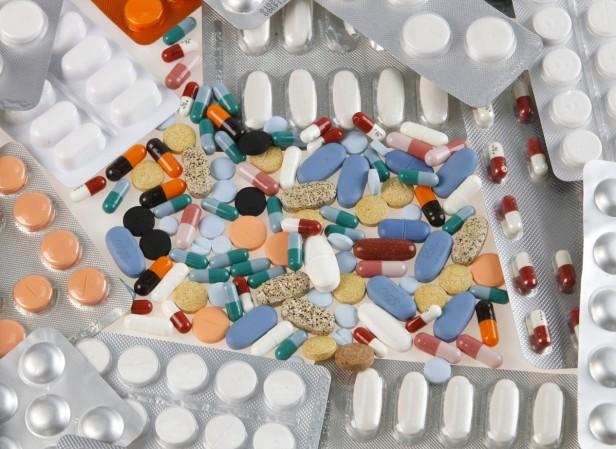
With the implementation of Goods and Services Tax (GST), prices of highly-priced life-saving drugs that are used for treating rare diseases have increased 12 percent, resulting in skyrocketing bills, which is adding to the woes of patients who cannot afford overpriced treatment in India.
Such high-value orphan drugs are used to treat rare diseases such as classic Hodgkin Lymphoma, Crohn's disease and melanoma, and in cases of bone marrow transplant. They are prescribed usually lifelong with certain treatments, leading to costs that run into crores of rupees.
These drugs are now burdened with the 12 percent additional levy, which was nil before GST was rolled out in July, the Times of India reported.
"In most cases, the import quantity is not available, but the burden of additional 12 percent is high when the patient has to take the medicine lifelong," said Praveen Sikri of Ikris Pharma Network, a firm which connects patients with overseas suppliers.
Under GST, the government had also increased the ceiling prices of essential medicines listed in the National List of Essential Medicines (NLEM). The new ceiling prices reflected 2.3 percent increase for price-controlled drugs — that is for NLEM drugs in the 12 percent GST category.
However, medicines which fall in the 5 percent category witnessed no change on MRP (maximum retail price).
According to a Rare Diseases and Disorders report, there are more than 7 crore patients in India who suffer from orphan diseases.
However, the GST impact on orgphan drugs sold in the country has largely been neutral as domestic companies absorbed the increased tax liability of 2.3 percent.
![According to the current rules of the D&C act, only a registered pharmacist can dispense medicines on the prescription of a medical practitioner. [Representational Image] pharmacy](https://data1.ibtimes.co.in/en/full/616701/pharmacy.jpg?h=450&l=50&t=40)
The All India Organisation of Chemists and Druggists (AIOCD) has said since the National Pharmaceutical Pricing Authority (NPPA) controlls prices of drugs, companies will not increase the prices.
Currently, applicable GST rates on medicines are put in four categories: 0 percent, 5 percent 12 percent and 18 percent. Medicines exempt from tax are human blood and its component and all types of contraceptives.
Only pharmaceutical products made from Nicotine polacrilex gum fall in the high tax cap, which is 18 percent. Otherwise, most of the medicines are under 5 percent or 12 percent GST slabs.
The government might merge the 12 percent and 18 percent slabs for GST, but will reserve the 28 percent rate for demerit goods like cigarettes, according to Chief Economic Advisor Arvind Subramanian.

















